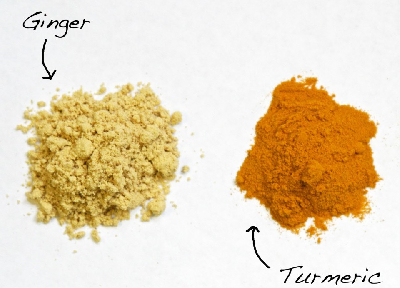Apple Cider Vinegar For Psoriasis

Why Apple Cider Vinegar Is Good To Use With Psoriasis
Apple cider vinegar for psoriasis is a very clever idea, and an ideal home remedy for psoriasis. Use an apple cider vinegar (ACV), which is unfiltered and not pasteurized and made from whole organically grown apples, is the best type to use for psoriasis and will give you superior results.
Apple cider vinegar can be found in most local health food stores and you will even find a good apple cider vinegar in some general grocery stores.
Avoid white vinegar from the supermarket, and avoid commercial apple cider vinegars that have been pasteurized, filtered, refined, sterilized or distilled in order to make the product look good and more appealing to the general public. Unfortunately this extra processing destroys much of the lactic acid content, most of the benefits that were in the product in the first place. A quality ACV will look cloudy.
In the United States and Canada I recommend that you purchase a certified organic apple cider vinegar made by Bragg, I can highly recommend this brand. We have an ACV in New Zealand called Coral Tree, the product is certified biodynamic and like Bragg’s, one of the best to use. Please avoid the commercial white vinegar; this simply won’t give you the same results that a naturally fermented ACV will. Once opened, a good quality apple cider vinegar does not need to be refrigerated and has a minimum shelf life of 5 years. It is best to store it with the cap tightly closed and not in direct sunlight. Would you believe it, I have some Coral Tree vinegar which is more than twelve years old, and it is still highly useable ACV.
Apple cider vinegar is a food that can be used both topically, on the skin, as well as internally. It improves many aspects of your digestion, and will get your stomach and pancreas working better, and this in turn will allow to digest and absorb foods better. There are several ways you can use apple cider vinegar (ACV) when it comes to psoriasis, and I’d like to outline the three most popular ways. Spot treatments, internal treatments and using it in the bath.
Spot Psoriasis Treatment Using Apple Cider Vinegar
ACV can be successfully used as a local treatment; I recommend you make a compress. Use a washcloth and keep it for this purpose. Make up a solution of Bragg’s ACV, 1 part vinegar to 3 or 4 parts of tepid water. Soak the washcloth, and apply it as a compress directly to the areas affected. Hold the compress for up to a minute or even longer. Apply as often as is required.
For the worst affected areas you may like to use a cotton bud soaked in pure ACV and apply directly. Cider vinegar will make your skin’s pH a little more acidic and thereby reduce the irritation and itching you experience. Spot treatment is good to use at night to decrease irritation and itching, allowing a more comfortable night’s sleep. Leave the ACV dry without washing it off.
You can also soak your fingernails and toenails directly in pure ACV; this is a very powerful treatment and has helped many of my patients significantly. Leave your nails in the ACV for at least five minutes or more, and don’t wash your hands after, leave the ACV dry on your hands and feet. You can use a hair dryer on low to speed up the drying process.
Rubbing emu oil into your hands and feet after the ACV soak, you can read a lot more about the amazing emu oil in my book called Psoriasis – What To Do With Your Skin.
Apple Cider Vinegar In The Bath For Psoriasis
You can also use ACV in the bath, and this is a great way to treat your entire body or very large affected areas.Just add one to two cups of Bragg’s ACV to a bath of tepid water andsoak in the bath from 30 to 45 minutes. After you have had your bath, towel dry and moisturize your skin. You can read a lot more about what to do with your skin in Psoriasis – What To Do With Your Skin.
Internal Apple Cider Vinegar Treatment For Psoriasis
Apple cider vinegar has been widely used for over two centuries for many different kinds of ailments. I have seen many patients with psoriasis improve their digestion after they started to take ACV, and the dosage is generally one tablespoon in water before meals. Some folks sip ACV in water during meals to improve their digestion. You will notice over a period of time that your skin, hair and nails improve when you consume ACV regularly. Bragg’s ACV is safe to take, even if you have a yeast infection.




